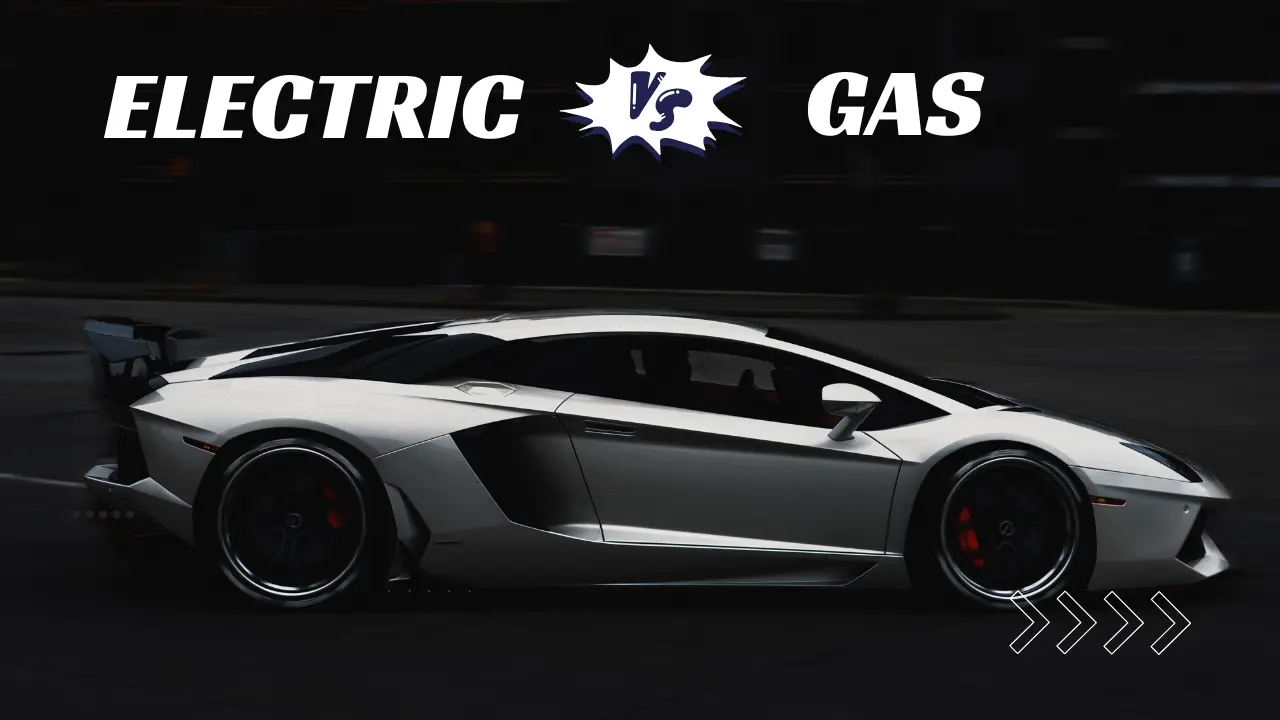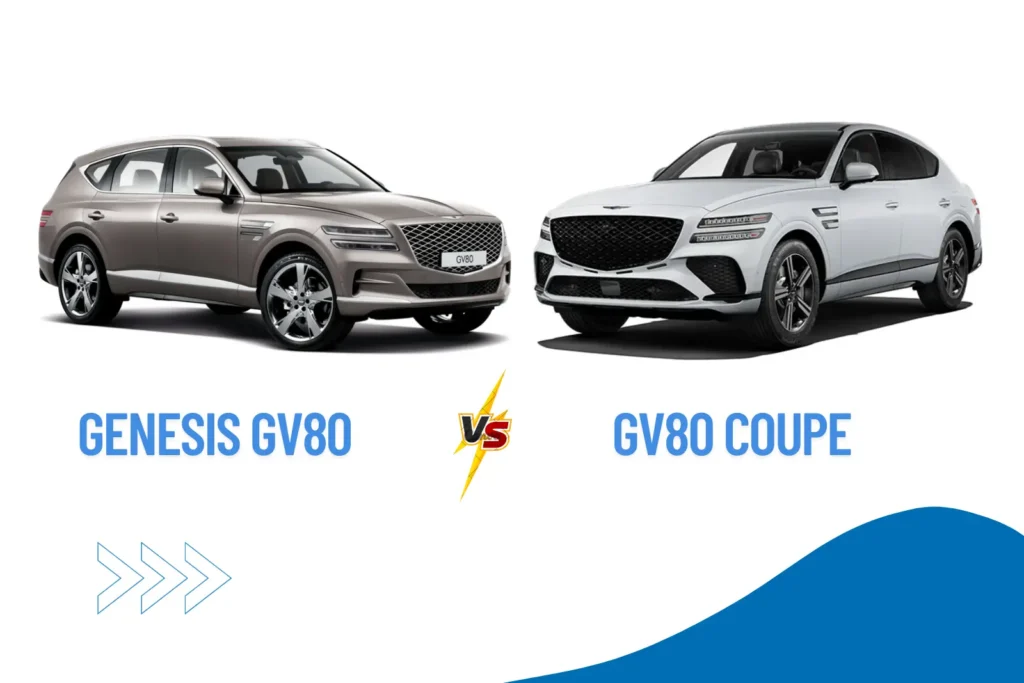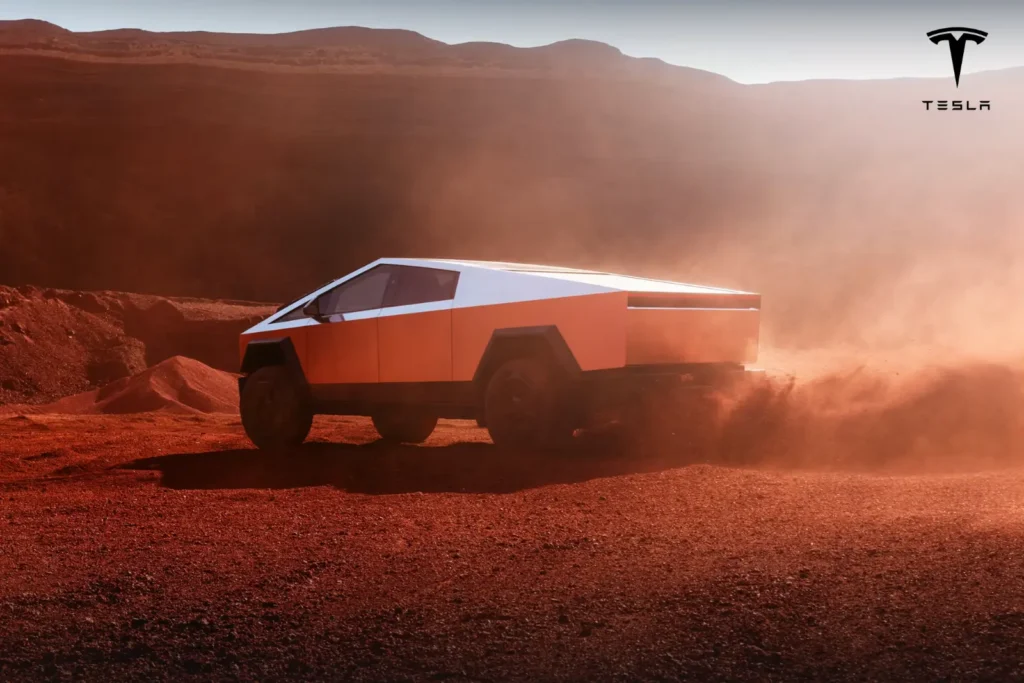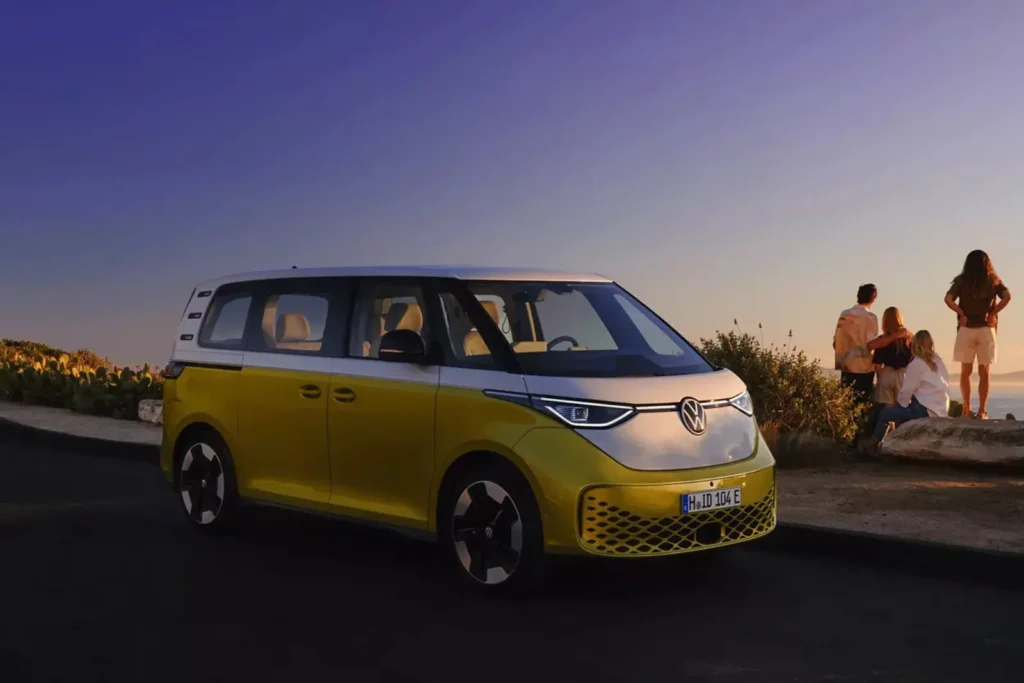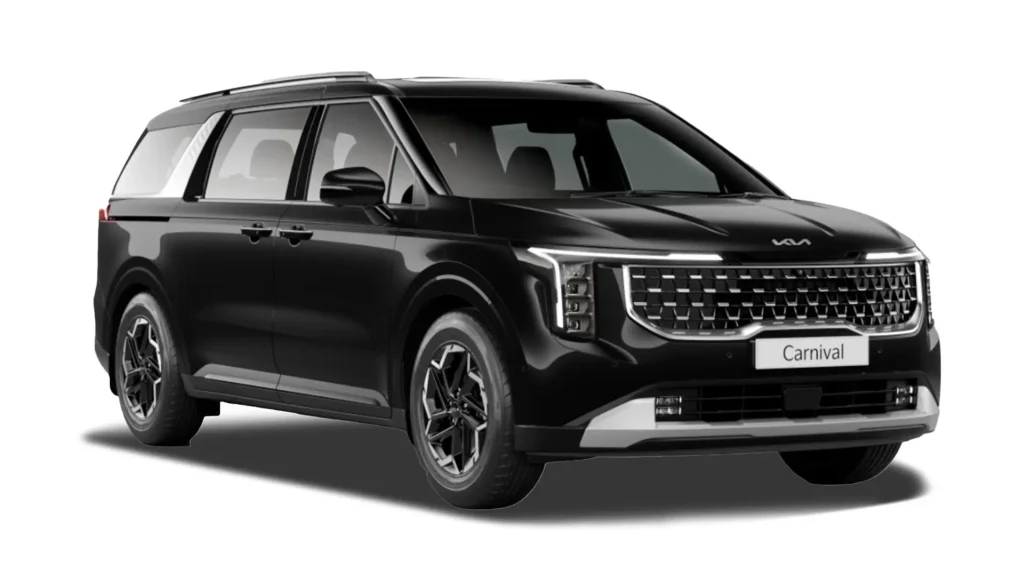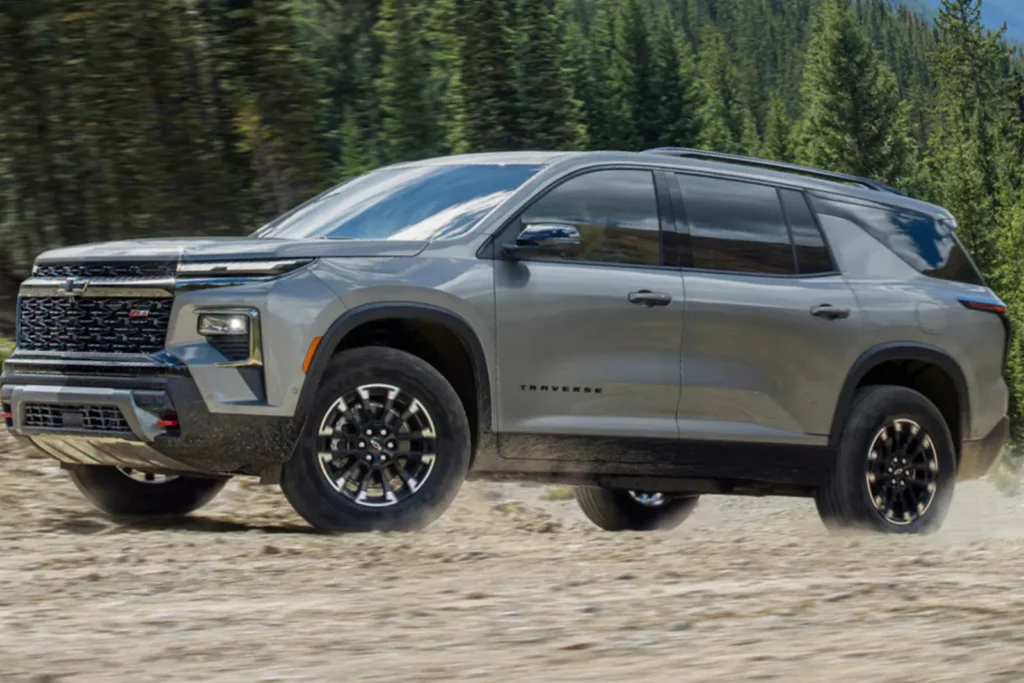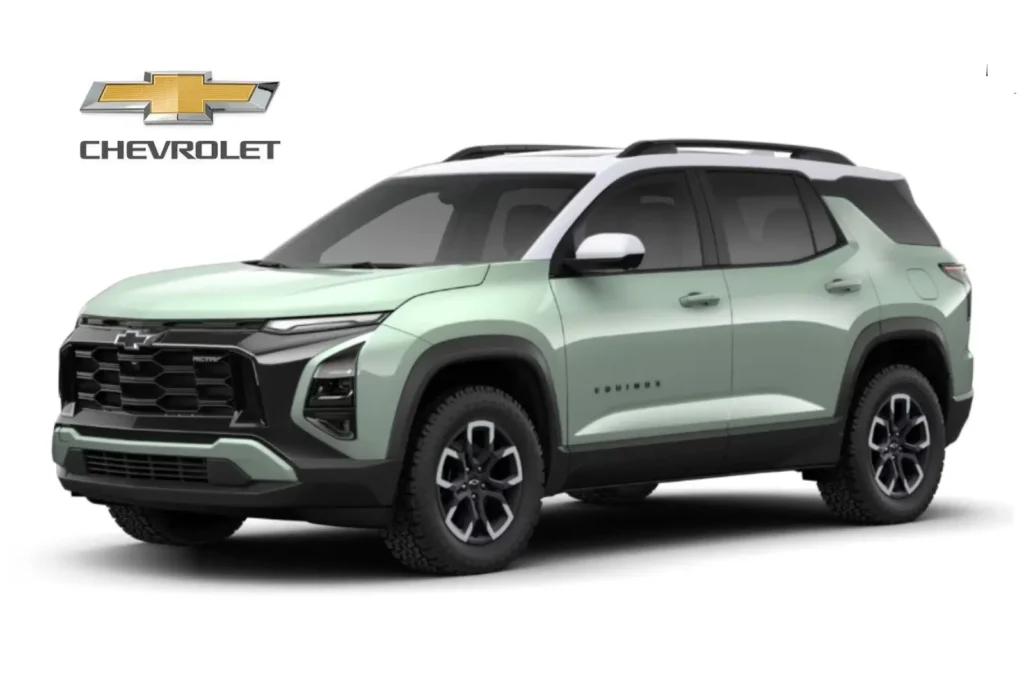Table of Contents
Choosing between an electric and a gas car in 2025 depends on your specific needs, priorities, and circumstances. Here are some key factors to consider when deciding which type of vehicle is better for you:
1. Environmental Impact
Electric Cars (EVs):
- Produce zero tailpipe emissions, reducing your carbon footprint.
- The overall environmental impact depends on how the electricity is generated (renewable vs. fossil fuels).
- Battery production has an environmental cost, but recycling and advancements in battery tech are improving sustainability.
Gas Cars:
- Emit greenhouse gases and pollutants, contributing to climate change and air pollution.
- Still widely available but may face stricter regulations in 2025.
Verdict: If reducing emissions is a priority, EVs are the better choice.
2. Cost
Upfront Cost:
- EVs are generally more expensive upfront, but prices are dropping as technology improves and production scales up.
- Gas cars are typically cheaper to purchase initially.
Operating Costs:
- EVs are cheaper to “fuel” (electricity is less expensive than gasoline) and have fewer moving parts, reducing maintenance costs.
- Gas cars have higher fuel and maintenance costs (oil changes, transmission repairs, etc.).
Incentives:
- Many governments offer tax credits, rebates, or incentives for EV purchases, which can offset the higher upfront cost.
Verdict: EVs may save you money in the long run, especially with incentives and lower operating costs.
3. Range and Charging
Electric Cars:
- Range is improving, with many EVs offering 250–400 miles per charge in 2025.
- Charging infrastructure is expanding, but availability varies by region.
- Home charging is convenient, but public fast-charging can still take 20–40 minutes.
Gas Cars:
- Offer longer ranges (300–500 miles per tank) and can be refueled quickly at gas stations.
- No need to worry about charging infrastructure.
Verdict: If you frequently drive long distances or live in an area with limited charging infrastructure, a gas car might be more practical.
4. Performance and Driving Experience
Electric Cars:
- Instant torque provides quick acceleration and a smooth, quiet ride.
- Lower center of gravity due to battery placement improves handling.
Gas Cars:
- Familiar driving experience with a wide range of engine options.
- Some drivers prefer the sound and feel of a traditional combustion engine.
Verdict: EVs often offer a more modern and enjoyable driving experience, but this is subjective.
5. Infrastructure and Convenience
Electric Cars:
- Charging at home is convenient if you have a garage or dedicated parking space.
- Public charging networks are growing but may still be less convenient than gas stations in some areas.
Gas Cars:
- Gas stations are ubiquitous, making refueling quick and easy.
Verdict: If you have access to home charging and live in an area with good charging infrastructure, EVs are convenient. Otherwise, gas cars may be easier.
6. Resale Value and Future-Proofing
Electric Cars:
- Resale values are improving as demand grows.
- Governments worldwide are pushing for EV adoption, which may make gas cars less desirable in the future.
Gas Cars:
- Resale values may decline as EVs become more mainstream.
- Some regions may restrict or ban gas cars in the coming decades.
Verdict: EVs are more future-proof, especially if you plan to keep the car for many years.
7. Lifestyle and Use Case
Electric Cars:
- Ideal for daily commuting, urban driving, and short trips.
- Best suited for drivers with access to charging at home or work.
Gas Cars:
- Better for long road trips, towing, or areas with limited charging infrastructure.
- More versatile for drivers with unpredictable or varied driving needs.
Verdict: Consider your driving habits and lifestyle when making a decision.
The choice between gas and electric cars depends on several factors, Here’s a breakdown of the key considerations:
1. Cost of Ownership
2. Environmental Impact
3. Performance
4. Convenience and Infrastructure
5. Longevity and Battery Concerns
Yes, EVs generally last longer than gas cars in terms of key components, especially the drivetrain (motor and transmission). Here’s why:
Why EVs Can Last Longer:



Conclusion: Which is Better for You in 2025?
Choose an Electric Car if:
- You want to reduce your environmental impact.
- You have access to charging at home or work.
- You primarily drive short to medium distances.
- You want lower operating costs and are okay with a higher upfront cost.
Choose a Gas Car if:
- You frequently drive long distances or live in an area with poor charging infrastructure.
- You need a vehicle for towing or heavy-duty use.
- You prefer a lower upfront cost and are okay with higher fuel and maintenance expenses.
Ultimately, the decision depends on your priorities, budget, and driving needs. By 2025, EVs will likely be even more advanced and accessible, making them a compelling choice for many drivers. However, gas cars may still be the better option for certain use cases.
Related Articles
- Yamaha RX 100: The Legendary Bike That Redefined Indian Roads
- Top 10 Most Fuel Efficient Cars of 2025
- The All New Skoda Kodiaq: Redefining Luxury and Performance in the SUV Segment (2025)
- TVS Apache RTR 160 vs TVS Apache RTR 310: Which One Should You Choose?
- TVS Raider 125: The Ultimate 125cc Commuter Bike for the Modern Rider (2025)
- The New Tata Safari: A Perfect Blend of Heritage and Modernity
- New Mahindra Bolero: Redefining Toughness and Reliability in 2025
- Honda Activa 7G: Revolutionizing the Scooter Industry (2025)
- Bajaj Platina 110: The Ultimate Commuter Bike for Indian Roads (2025)
- Tata Sumo: A Legend of Indian Roads (2025)
- Hero Splendor Plus: The Ultimate Guide to India’s Most Loved Bike (2025)
- New TVS Jupiter: The Perfect Blend of Performance and Style (2025)
- Kia Syros: A Comprehensive Guide to Kia’s Latest SensationKia Syros
- Tata Sierra: A Comprehensive Review of the Iconic SUV (2025)
- Hero Xoom 160: A Complete Review, Features, and Performance (2025)
- Kawasaki Ninja 500: Ultimate Review, Features, and Performance (2025)
- Best Tyre Brands in India (2024)
- Best EV Cars in India (2024)
- Best Electric Bike in India (2024)
- Best Electric Bicycles in India (2024)
- Best Gear Cycle Under 10000: A Comprehensive Guide
